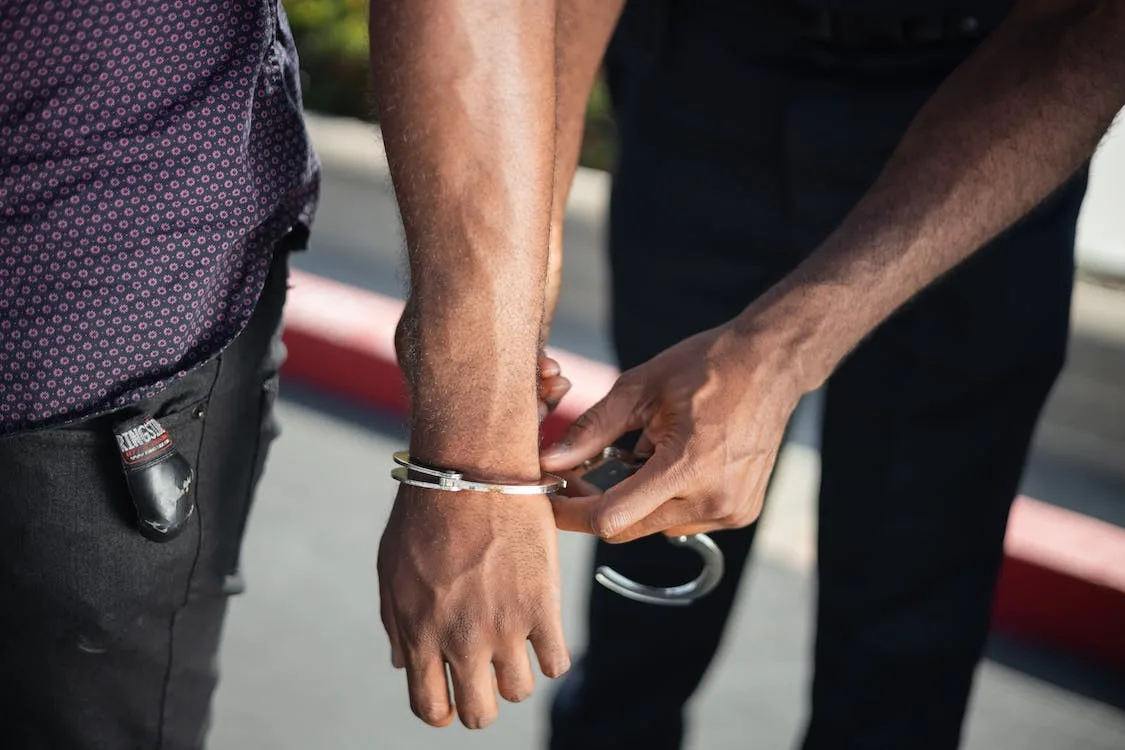Smuggling in America: What You Need to Know
Image source: Pexels.com
Smuggling is a big problem in America. It is the illegal movement of goods, people, or money across borders or within a country. Smuggling can involve drugs, weapons, wildlife, counterfeit products, or human beings. Smuggling can also use different methods, such as hiding things in vehicles, boats, planes, or trains; paying off officials; faking documents; or using tunnels, drones, or submarines.
Smuggling is a profitable business that could make more than $10 billion per year worldwide. Smuggling happens because of various reasons, such as high demand for certain things or services, high taxes or tariffs, strict rules, political problems, corruption, poverty, or violence.
The Types of Smuggling in America
America is a main destination and transit point for smuggled things and people. According to the U.S. Department of Homeland Security (DHS), some of the most common types of smuggling in America are:
Drug smuggling
The United States is the biggest user of illegal drugs in the world. According to the Drug Enforcement Administration (DEA), most of the drugs smuggled into the United States come from Mexico and Colombia, through land, sea, and air routes. The main drugs smuggled are cocaine, heroin, methamphetamine, marijuana, and fentanyl.
Human smuggling
Every year, thousands of migrants and refugees from Central America and other regions try to enter the United States illegally with the help of smugglers. These smugglers charge fees from $1,000 to $10,000 per person depending on the route and the level of service. Many of these migrants face abuse, exploitation, and danger along the way.
Weapon smuggling
The United States is the biggest exporter and importer of firearms in the world. According to the Bureau of Alcohol, Tobacco, Firearms and Explosives (ATF), some of the weapons smuggled into or out of the United States include assault rifles, handguns, grenades, rocket launchers, and explosives. These weapons are often used by criminals, gangs, terrorists, or rebels in other countries.
Wildlife smuggling
The United States is one of the biggest markets for wildlife products in the world. According to the U.S. Fish and Wildlife Service (FWS), some of the wildlife smuggled into or out of the United States include ivory, rhino horn, tiger bone, reptiles, birds, fish, and plants. These wildlife are often endangered or threatened by hunting and habitat loss.
The Actors of Smuggling in America
Smuggling in America involves different types of actors who operate along various routes and networks. These smugglers range from independent operators to groups to networks such as transnational criminal organizations (TCOs). Some examples of TCOs involved in smuggling in America are:
- The Sinaloa Cartel: This is one of the most powerful and notorious drug trafficking organizations in the world. It operates mainly in Mexico but has a presence in more than 50 countries. It smuggles cocaine, heroin, methamphetamine, marijuana, and fentanyl into the United States through land and sea routes.
- MS-13: This is one of the most violent and widespread gangs in the world. It started in Los Angeles but has spread to Central America and other regions. It smuggles human beings, weapons, and drugs into and out of the United States through land routes.
- The Triads: These are Chinese organized crime groups that operate globally. They smuggle counterfeit products, wildlife, and human beings into and out of the United States through sea and air routes.
The Impacts of Smuggling in America
Smuggling in America has bad effects on various aspects of society. Some of these effects are:
- Public health and safety: Smuggling exposes people to health risks such as addiction, overdose, infection, or injury from illegal drugs or unsafe products. Smuggling also increases violence, crime, and insecurity from armed conflicts, extortion, kidnapping, or trafficking.
- Economic development and security: Smuggling takes away tax revenues from governments, distorts markets, and hurts legitimate businesses. Smuggling also fuels corruption, money laundering, and terrorism financing.
- Environmental protection and conservation: Smuggling harms biodiversity, ecosystems, and natural resources. Smuggling also contributes to climate change, pollution, and deforestation.
The Solutions to Smuggling in America
Smuggling in America is a complex and multifaceted problem that needs a comprehensive and coordinated response. Some of the possible solutions are:
- Strengthening law enforcement and border security: This involves improving the capacity, cooperation, and intelligence of the agencies responsible for finding, stopping, and punishing smuggling activities. This also involves improving the technology, equipment, and infrastructure of the border checkpoints and ports of entry.
- Increasing international cooperation and coordination: This involves working with other countries and organizations to share information, resources, and best practices to fight smuggling networks and routes. This also involves making laws, policies, and standards more consistent to make legal trade and migration easier.
- Reducing demand and supply: This involves raising awareness, education, and prevention programs to reduce the use and production of illegal things and services. This also involves providing alternative livelihoods, opportunities, and assistance to the people involved or affected by smuggling.
Conclusion
Smuggling in America is a serious issue that affects millions of people, the economy, and the security of the United States. Smuggling is a profitable business that involves different types of things, people, methods, and actors. Smuggling has bad effects on public health and safety, economic development and security, and environmental protection and conservation. Smuggling can be stopped by strengthening law enforcement and border security, increasing international cooperation and coordination, and reducing demand and supply.
I hope you liked this blog post and learned something new about smuggling in America.





0